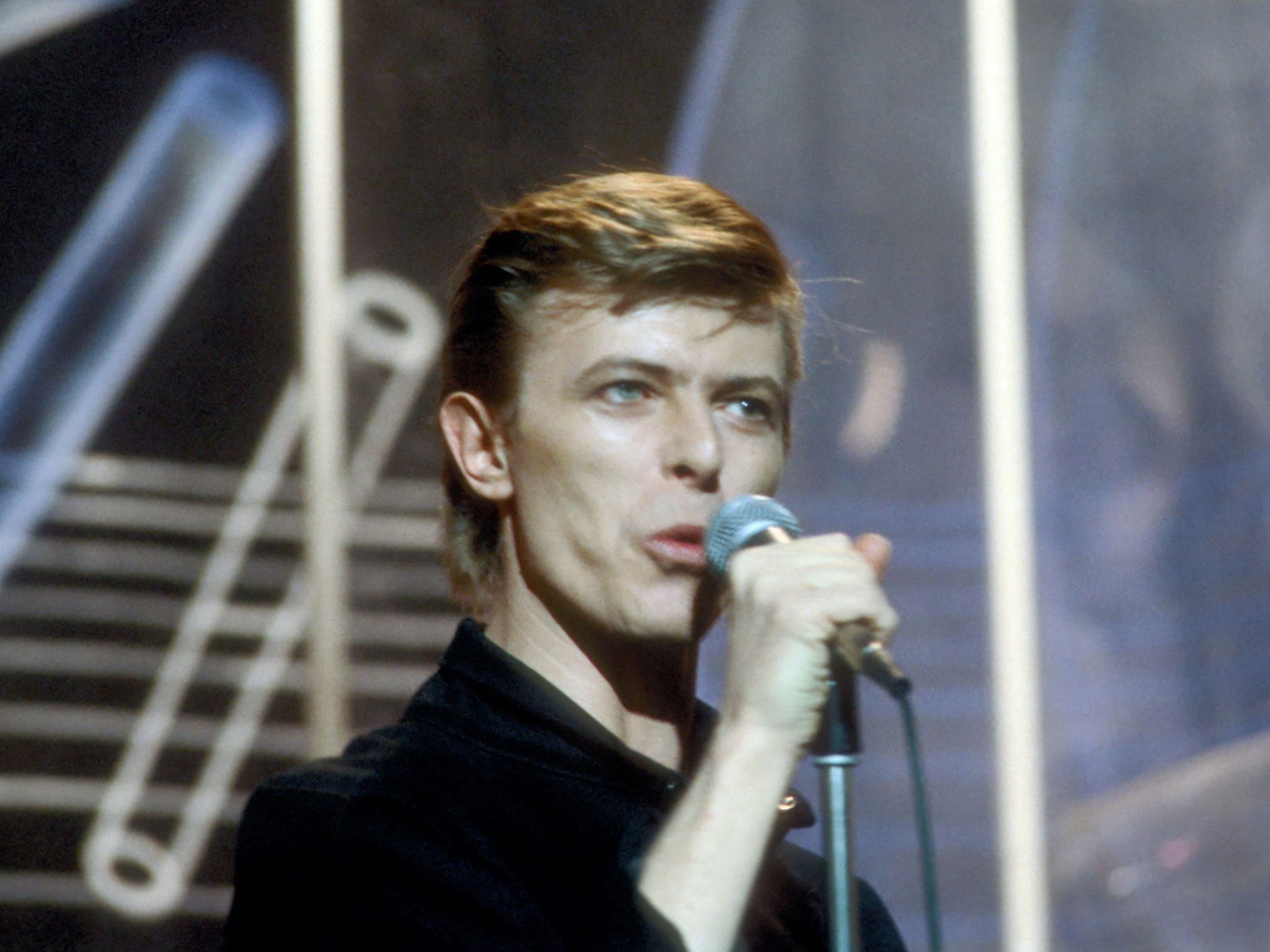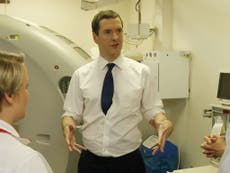I'm glad people - including David Bowie - are starting to opt out of their own funerals. It's about time
There is a lot to be said for this minimalist option, not least cost; direct cremation costs £1,000, even the simplest funeral and cremation is upward of £3,000

It sometimes takes the example of a leading light to show us a different route around seemingly solid social convention. Remember the “no presents please” diktat optioned by President Mandela for his 90th birthday? Everyone rolled their eyes. Now, however, we are all doing it – and way before we hit 90.
I think zero-fuss funerals might well be on the same trajectory. Both David Bowie and the novelist Anita Brookner, who died this week, went for “direct cremation”, where the body is sent straight to the cremator from hospital or home, with no attendance or ceremony. Ashes are scattered by the undertakers or returned to the family. Apparently this send-off is chosen by about 2,000 people a year in England and Wales – but now that such high-profile figures have brought attention to it, I suspect that figure will increase rapidly.
There is a lot to be said for this minimalist option, not least cost; direct cremation costs £1,000, even the simplest funeral and cremation is upward of £3,000. Crucially, it also cancels at a stroke what my mother would call the “mawkish” nature of many funerals, particularly in church.
Hatching, matching and dispatching: the church does it with flowers, music and gusto – but mostly the first two. Who could turn their noses up at a christening, with all the business of the water, confused godparents and (if you are lucky) a properly furious baby in a comedy gown? Church weddings have now become so preposterous, what with walk-on parts by live doves, butterflies and crazy outfits, that they are more entertaining than a panto. But funerals? I’ve been to several, and they are always a harrowing duty. We don’t know what to do about death, so we go for the default option whose style was invented, as so many of our ceremonies, by the Victorians.
There is firstly the challenge of negotiating a giant picture of the departed, looking happy and beautiful, usually positioned as you walk into the church to the tune of a sad organ. That sets everyone off. Then there is a eulogy, sometimes (but not always) delivered by a person who has never known the ceremony’s subject. Finally, the congregation must endure that grim parody of the entrance of the bride: the coffin being carried the other way down the aisle.
Many funerals I have attended are not a celebration of a life. That comes later, at the send-off. They are simply an expression of grief and, particularly in this irreligious age, of finality. Seeing a coffin being lowered into the ground or disappearing behind curtains is a dramatic touch many people would be grateful not to have to go through, as their last physical connection with their loved one.
I honestly suspect that Princes William and Harry might have taken years recovering from the profound trauma of having to walk, in view of the entire world, for four miles through central London behind their mother’s flower-strewn coffin, during perhaps the most emotionally charged and constitutionally threatening event the capital has experienced since the beheading of Charles I. Harry was 12 years old.
For the religious, there is obviously a reason to conduct a funeral as a rite of passage and that ought to be respected. However, if you believe that, in the words of the motorbike speedster Guy Martin, “When you dead, you dead”, then surely there is no point in making your loved ones endure an event which is not about heaven, but the theatrical deposition of a body.
The author of the Good Funeral Guide, Charles Cowling, has remarked that more of us nowadays want to “separate the disposal of a corpse from the memorial event”, and indeed many funerals are followed by events in which film, music, readings and speeches mark a person’s life. Why not cut out the first bit and focus on the second?
I do not intend to criticise people who have arranged funerals for others, or who are in the process of arranging their own. We have all imagined our own funerals. However, maybe the template could shift. Perhaps the example of Bowie and Brookner – or indeed John Lennon, an early adopter of the minimalist send-off – can help us replace the notion of the funeral as an obligatory and frightening ordeal and replace it with a moment in which death is marked by celebration, recognition and love.



Join our commenting forum
Join thought-provoking conversations, follow other Independent readers and see their replies